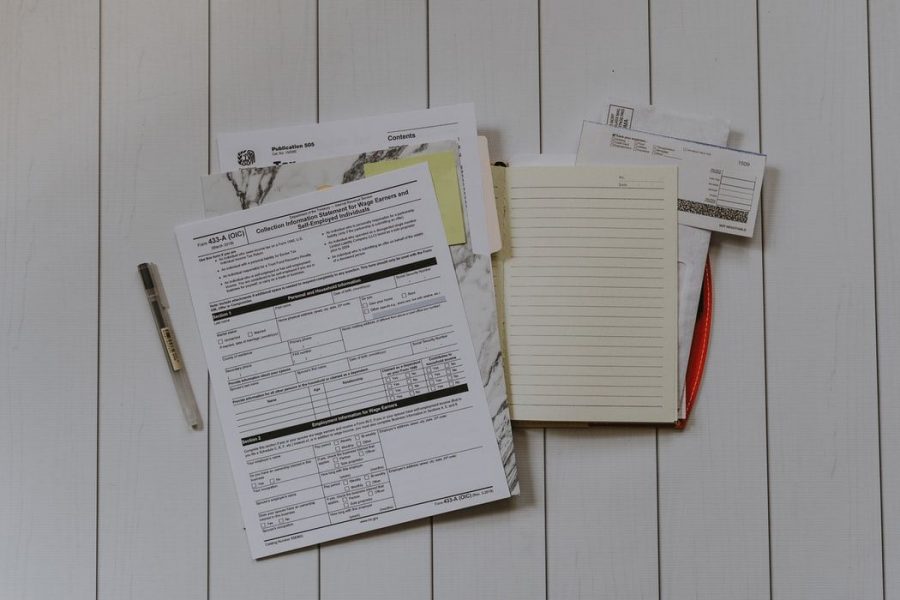Superyacht Crew Eligible for Seafarers’ Earnings Deduction
Calling all UK residents. Did you know that even though you might be working overseas, if you’re a registered UK resident you’re still required to file a self-assessment tax return?
As a UK resident you’ll need to make sure you register for Self Assessment and complete a tax return giving income details for the tax year you’re claiming any deductions for.
You can either register as:
- Self-employed
- Not self-employed
- Registering a partner or partnership
But if you’re employed by a yacht and working at sea – outside the UK – you might be eligible for the Seafarers’ Earnings Deduction (SED) – a type of tax relief – which could reduce your tax bill. Whether you’re a captain, engineer, stewardess or deckhand on a superyacht you can be entitled to claim the SED to exempt your earnings (only) from UK tax. However other worldwide income is still liable to UK tax.
To get the deduction you must have:
- Worked on a yacht (performing duties onboard) or performed most of your duties onboard, with other duties incidental as part of the yacht job
- Worked outside the UK for long enough to qualify for the deduction – min 365 days normally (including non-work days) – this period can straddle more than one tax year.
- Been registered (for tax purposes) as UK resident or an EEA state resident (other than UK)
Even if you have more than one job and you meet all the conditions, you could still get the deduction against your seafarer pay.
The onboard duties mentioned must be performed outside the UK, where the yacht’s voyage starts and finishes outside the UK and there must be at least one foreign port visit in each employment during that tax year.
You won’t be eligible if you’re:
- Not a UK resident
- Not an EEA state (other than UK) resident
- Employed by the Crown (eg: Royal Navy)
HM Revenue and Customs (HMRC) may check your claim and in doing so may get in touch with past or current employers to check your yacht’s voyage and crew.
In which case, you’ll need:
- A completed working sheet HS205
- Air tickets or travel vouchers
- Hotel bills or other receipts
- Passports and Visas
- Seafarer’s discharge book
- Freeboard logs of the yachts you’ve worked on
If you’re outside the UK for 183 days then your income could be tax free.
In some cases, you can ask your employer to pay your wages without deducting tax, to do it they’ll need to operate an NT tax code. Not issued until after your first claim for Seafarers’ Earnings Deduction.
To qualify for the NT code you must:
- Be UK resident
- Be a Pay As You Earn (PAYE) employee
- Be seafarer working onboard a yacht accepted for Seafarers’ Earnings Deductions purposes
- Complete an annual Self Assessment tax return
- Have a contract of employment of at least 12 months
On that last point, if you don’t have a 12-month contract, you must have been working for the same employer for 6 months or over – outside the UK. If HMRC later discover that you weren’t originally eligible for the NT code, they will ask for any underpaid tax to be repaid in one lump sum.
To find out if you qualify for the deduction there’s a helpsheet here.
How to get a job in yachting?
To get a great job in yachting, simply set up a profile on Yotspot and search for the right position for you. It’s easy. Set the filters for either contract, permanent, seasonal or delivery, vessel size, start date and salary and search the positions for you. Could be an expedition vessel or superyacht.
What’s Yotspot?
Where over 72,000 yachting professionals come to either post or search for the latest yachting positions, both on and offshore. With over 860 jobs to choose from, save time and effort by looking through hundreds of jobs with yachts, agencies and management companies.
Search maritime courses and training providers to start your career in yachting and progress down the path you choose, whether it’s the engine room, galley or in the salon.


